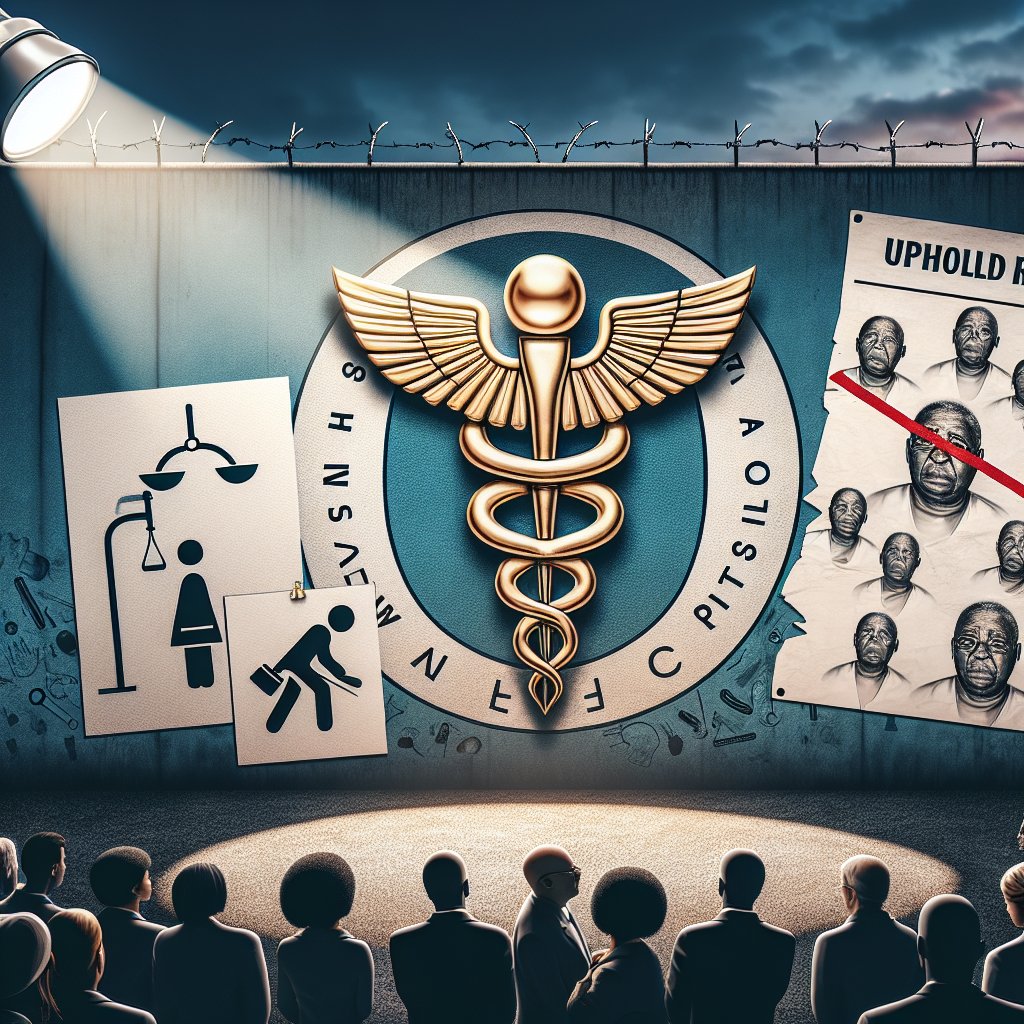Content created by AI
Human Rights Commission Intervenes as Alleged Fake Doctor Claims Denial of Healthcare Rights
The South African Human Rights Commission (SAHRC) has been brought into the spotlight once again, this time over health care access—the fundamental right at the heart of the controversy involving TikTok personality, Matthew Lani. Lani, who has been embroiled in past debates over his credentials as a medical doctor, now raises a serious human rights issue within South Africa's health system.
The SAHRC has taken a decisive stance by demanding the Gauteng health department ensure Lani's access to life-sustaining antiretrovirals (ARVs). Documents witnessed by News24 reveal that the SAHRC is prepared to take legal action after Lani filed a grievance stating that he had been prevented from obtaining medical services at several health facilities, specifically Hillbrow Clinic, Windsor Clinic, and at Helen Joseph Hospital—not once, but twice.
The core of the complaint seems to stem from a poster bearing Lani's likeness, allegedly disseminated in October, instructing health facilities to prohibit him from accessing their services. This controversial measure has sparked a debate on the extent to which an individual's past actions, which include misrepresenting professional medical qualifications as in the case of Lani, can restrict their access to critical health care services such as ARVs, especially when South Africa is grappling with a high burden of HIV/AIDS.
Katharine Child from News24, who caught sight of the correspondence, notes the stern warning issued by the SAHRC. The commission implores the department to adhere to the constitutional imperative that ensures every South African's right to health care is upheld without prejudice. However, there seems to be an inherent tension between safeguarding public trust in medical professions while also not penalizing individuals by refusing them access to life-sustaining treatments.
As the Gauteng health department weighs its response to the SAHRC's ultimatum, it is evident that this matter transcends the individual and sparks broader questions about the ethics and regulations of health care access in South Africa. The resolution of Lani's case may set a significant precedent for how such disputes are handled in the future, especially those that involve complex socio-legal considerations.
The community and Matthew Lani will be closely monitoring how the department and the SAHRC manoeuvre through these murky waters. As a nation, South Africa's dedication to human rights and equitable access to health care is under examination. It will require careful deliberation to balance the protection of these rights with the integrity of the medical profession and public safety.
The situation has garnered both communal concern and media attention, raising questions about the responsibility of healthcare institutions to all individuals, despite past transgressions—and the lengths to which agencies like the SAHRC will go in ensuring that no one is left behind in receiving necessary medical treatment.










